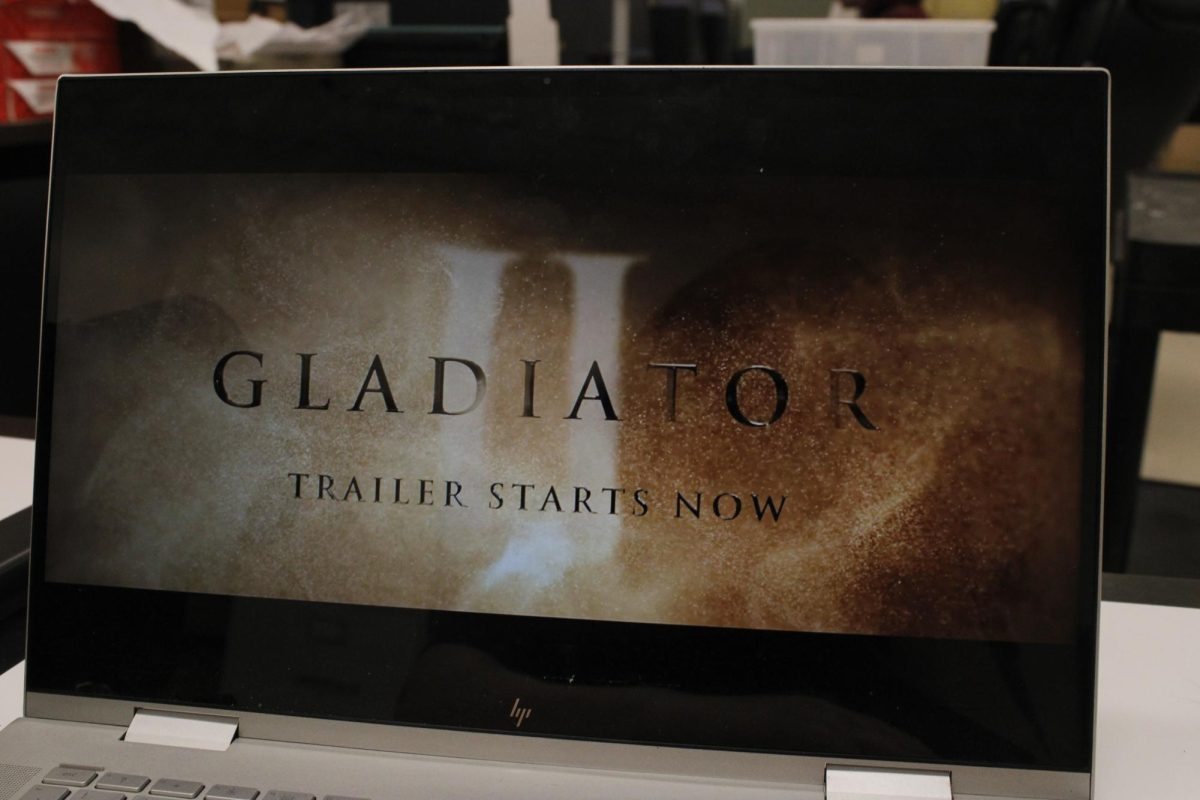Set sometime in Ancient Rome 24 years after the original “Gladiator” (1999), Maximus’ son, Lucius (Paul Mescal), is following in the footsteps of his father. Lucius’ wife is killed in the beginning, he is captured as a slave and put to fight in gladiatorial battles in the Colosseum.
Lucius’ rage in restoring Rome as a proper empire knows no bounds, seeking revenge on General Acacius (Pedro Pascal) for the death of his wife. Macrinus (Denzel Washington) takes Lucius under his wing to mentor him for his battle, but later comes to realize that Macrinus was actually the one who ordered the death of his wife.
As tensions rise, Macrinus kills Lucius’ mother, Lucilla (Connie Nielsen) before attempting to flee Rome. Lucius follows quickly, and they meet outside the Colosseum and enter a duel. Lucius emerges victorious, for the sake of Rome, his late parents and his wife.
The best part of “Gladiator II” is easily crowned to Washington’s performance as Macrinus. Every time he appears, he commands the screen with his presence, even if he’s not the main focus of the story. Washington is shamelessly himself in the film, which works in his favor.
Think of any other actor who can effortlessly flex the use of a New York accent in Ancient Rome. Not many actors have that bragging right and it’s a shame he doesn’t play villain roles more often when he has a swagger and charisma that is unique to him and his performances.
As for the rest of the film, it doesn’t live up to the original film’s expectations, but is still enjoyable. “Gladiator II” is slightly retconned to have Lucius be the son of Maximus for the sake of establishing a connection, which loses the strength and honor that “Gladiator” heavily prides itself on.
Mescal is a great actor and has big shoes to fill by his predecessor, Russell Crowe. Perhaps that could have been avoided by not making Lucius’ story so similar to that of Maximus. At times, that is what causes “Gladiator II” to miss its mark as a worthy sequel.
Crowe doesn’t even make an appearance in the film, but audiences know of his performance, which unintentionally overshadows Mescal’s. It isn’t fair to compare the two actors, but there’s a reason why many speak of Crowe’s performance 25 years later.
Despite their stories being similar, there were some differences between Maximus and Lucius as characters. Lucius was more focused on vengeance and anger, which is different from Maximus who was calculated and held himself to a moral code.
It’s interesting to think about what a “Gladiator” sequel could have looked like with Crowe returning and Washington as the villain. Thankfully, Ridley Scott has also blessed us with the Crowe/Washington collaboration in “American Gangster” (2007).
A third “Gladiator” sequel is currently in the works, with Mescal most likely to return to continue Lucius’ story. While the details of the sequel aren’t concrete yet, there are numerous possibilities for another historical epic. Hopefully, this time, it’s worth the wait.










































































































































































































